How immigrants become “Muslims”
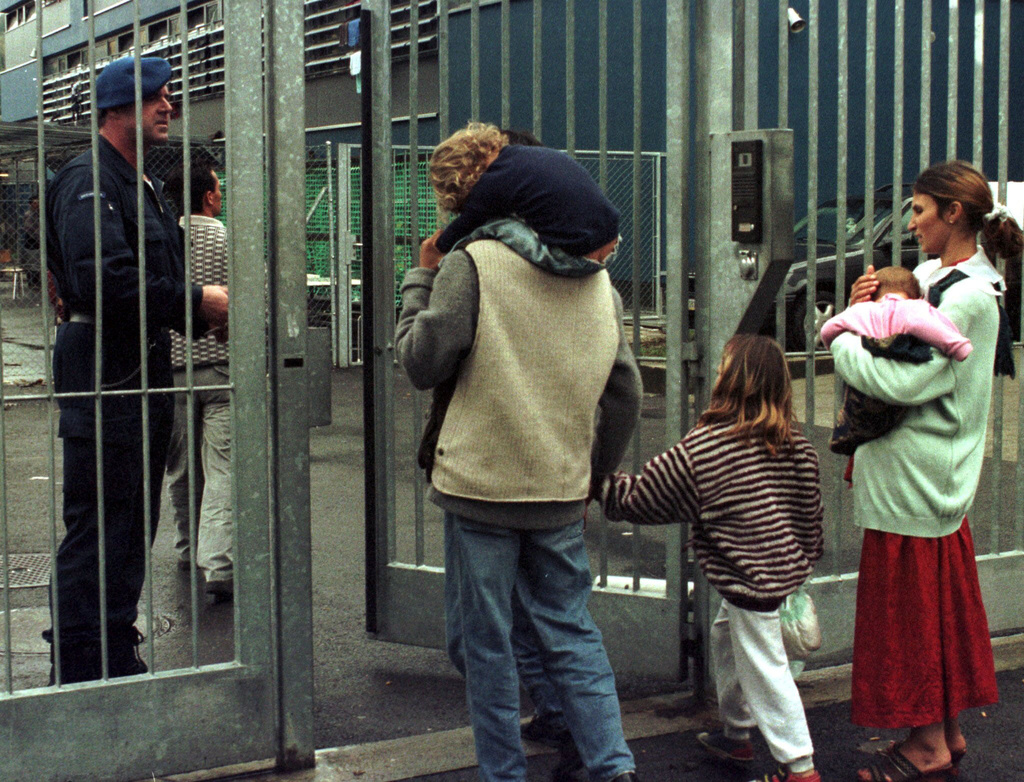
Terror attacks, political manoeuvering by rightwing parties and oversimplification in the media explain why Muslims in Switzerland are perceived as a threat.
The National Research Programme 58 study into religious pluralism says immigrants from predominantly Muslim countries have been singled out even though this group has no reason to be suspected as fundamentalist.
The research, funded by the Swiss National Science Foundation, was led by Patrik Ettinger and Kurt Imhof of Zurich University.
The authors point out that the immigrants in question come from very diverse countries like Turkey, Macedonia and Morocco and practise their faith in a variety of ways, seeing themselves first and foremost as members of a particular ethnic group.
Their research focused on how often and in what way Muslims were mentioned in domestic newspapers and public television reports beginning in the 1960s. Parliamentary debates were also included, and how these were covered in the media.
Oversimplification, the study says, has increased among both politicians and in the media in recent years, leading to the approval by voters of a ban on the construction of new minarets in 2009.
“It wasn’t as much the media reports about the 9/11 attacks as the bombings in Madrid and London, as well as the Danish caricatures of the Muslim prophet. The reporting on these events led to the creation of the image of a violent Islam and a clash of civilisations,” Ettinger told swissinfo.ch.
Political debate
“It was in particular the Swiss People’s Party and to a lesser extent the Federal Democratic Union who took the image of Muslims out of an international context and put it into a national one,” Ettinger pointed out.
In this way Muslim immigrants became “the Muslims”.
Previously, Ettinger explained, they were categorised according to their ethnicity; like Turks or Bosnians. “That doesn’t mean that immigrants were regarded favourably, rather problems were put down to ethnic traits rather than religion.”
The researcher added that a broad debate about Switzerland’s role in Europe also played a role. In the end, the political elite were discredited, enabling the People’s Party to take advantage of the situation and promote its own version of what it means to be Swiss, with an emphasis on disassociation from foreigners.
“There were also grave fears that Protestant cities in German-speaking Switzerland would become predominantly Catholic when waves of Italians immigrated in the 1960s – which is very similar to today’s fears of an Islamicisation of Switzerland,” Ettinger said.
“And just as few Catholics from Italy and Spain were fundamentalist in their views, the same can be said of the majority of Muslims here now.”
Questionable value
In response to the findings, the People’s Party said the study results were of “questionable value” highlighting the fact that since 1970, the Muslim population in Switzerland has grown from 16,000 to more than 350,000.
“Coverage of Islam in the study has no bearing on the real situation in the country and popular perceptions,” People’s Party General-Secretary Martin Baltisser told swissinfo.ch.
Baltisser said integration issues, respect for the rule of law, and attitudes toward family life, school and public institutions were reasons for debate.
He also said public appearances by exponents of the Islamic community played a part. The authors of the study, according to Baltisser, have presented a “peculiar understanding of causality”. Public perception is much more complex, he argued.
However, support for the findings came from the imam of the Bosnian community in Zurich, Sakib Halilovic. Halilovic said the results pointed in the right direction and the research apparently had been done seriously.
“I think the statement is spot on that the media have failed to differentiate between global terror on the one hand and Islam on the other, and from Muslims in Switzerland, most of whom are integrated.”
Generalisations
Halilovic said he has had to defend himself for years against generalisations which he said amount to denigration. He faced the same kind of remarks in Bosnia before the war there.
He cannot understand why Muslims are tarred with the same brush regardless of their country of origin, social background, and whether they are highly qualified professionals or asylum seekers.
“The findings are correct, Muslims were considered differently after 9/11,” said Yahya Hassan Bajwa, who runs an intercultural communications office in Zurich and is a member of canton Aargau’s parliament. He has lived in Switzerland since his childhood.
“Even my long-time doctor asked me at the time if I had anything to do with terrorism,” he remembered, adding that he believes the People’s Party have had a direct influence on the image people have of Muslims as bogeymen.
There are between 350,000 and 400,000 Muslims living in Switzerland.
Around 12% are Swiss citizens.
The size of the Muslim community has grown from 2.2% in 1990 to 4.3% in 2000.
Three-quarters of the Swiss population is Christian: 42% Catholics, 35% Protestants and 2.2% other Christian faiths.
The latest findings of the Swiss National Science Foundation examined why Muslims in Switzerland are increasingly portrayed as a threat.
The research into Switzerland’s Muslim population is part of a larger study, “Religions, the State and Society”.
The foundation is doing the work because it says, “the religious landscape in Switzerland is undergoing profound changes at all levels of society. Demands by immigrant groups for participation in public life challenge society to reflect on its own religious and cultural identity and national foundations”.
“The newly emerging religious groups do not yet have the necessary infrastructure (communal structures, trained clerics, mosques and temples, educational institutions) to allow them to conduct their religious life on a stable basis, to provide their members with the necessary support, to become reliably integrated in Switzerland, and to avoid the danger of becoming the instrument of radical movements.”
(Adapted from German by Dale Bechtel)

In compliance with the JTI standards
More: SWI swissinfo.ch certified by the Journalism Trust Initiative
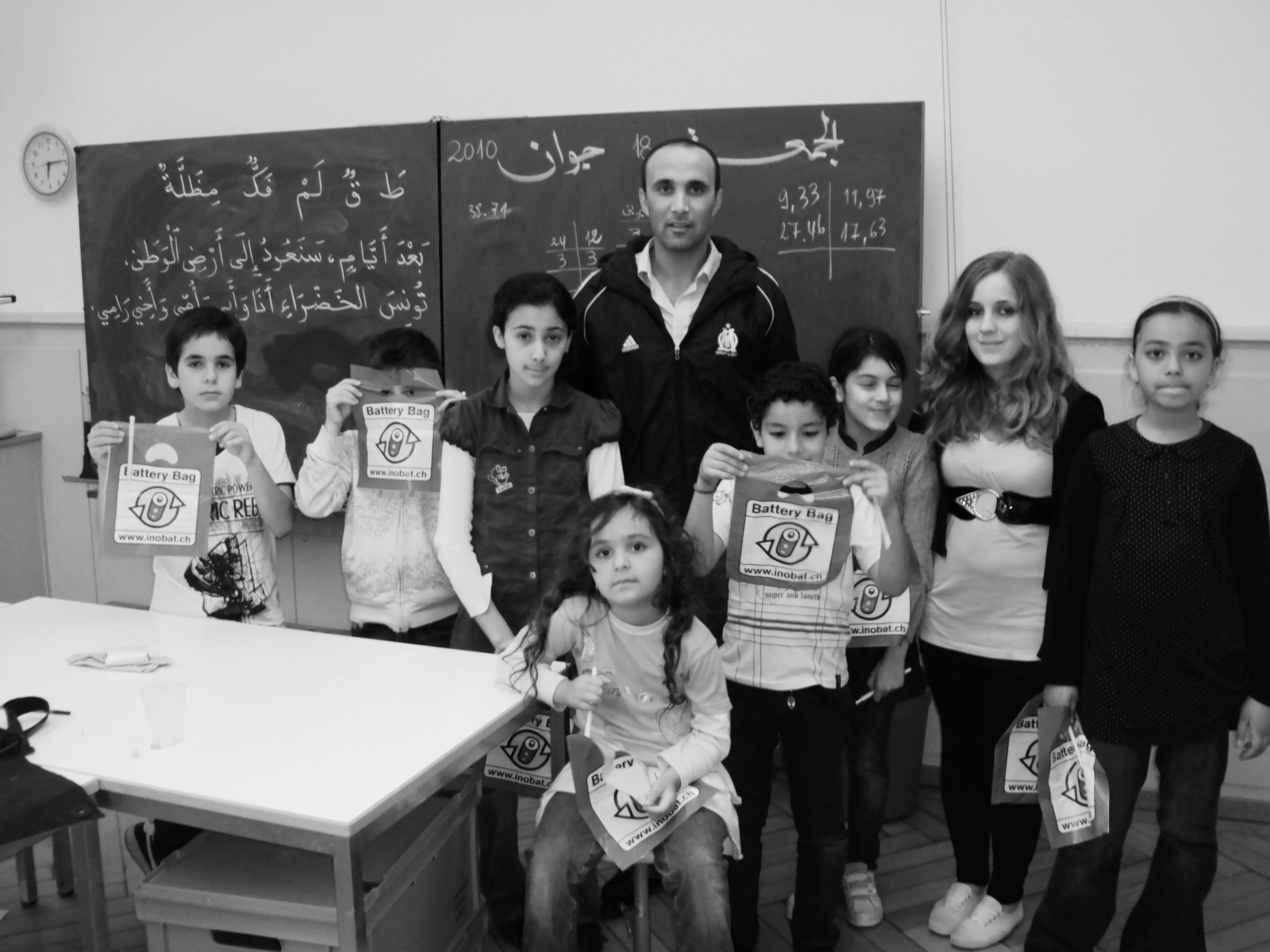
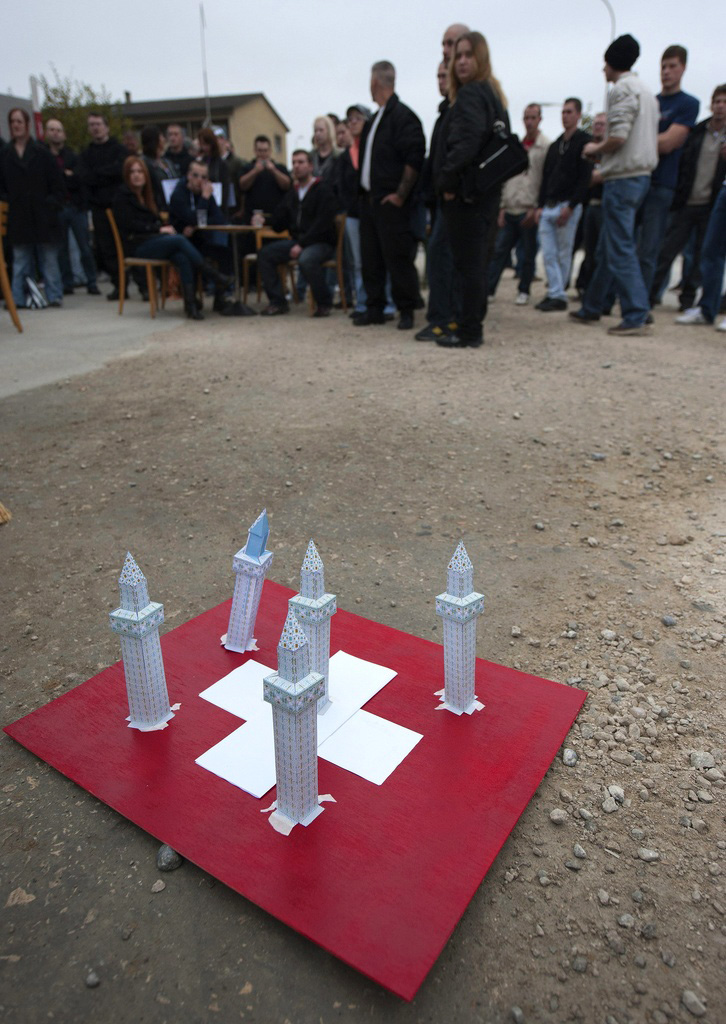
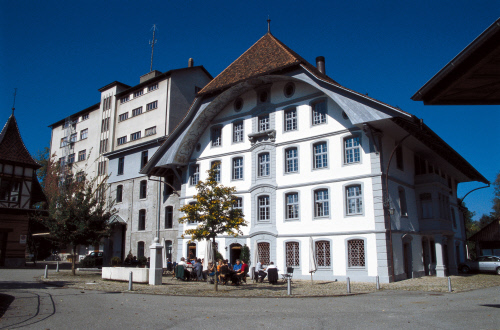
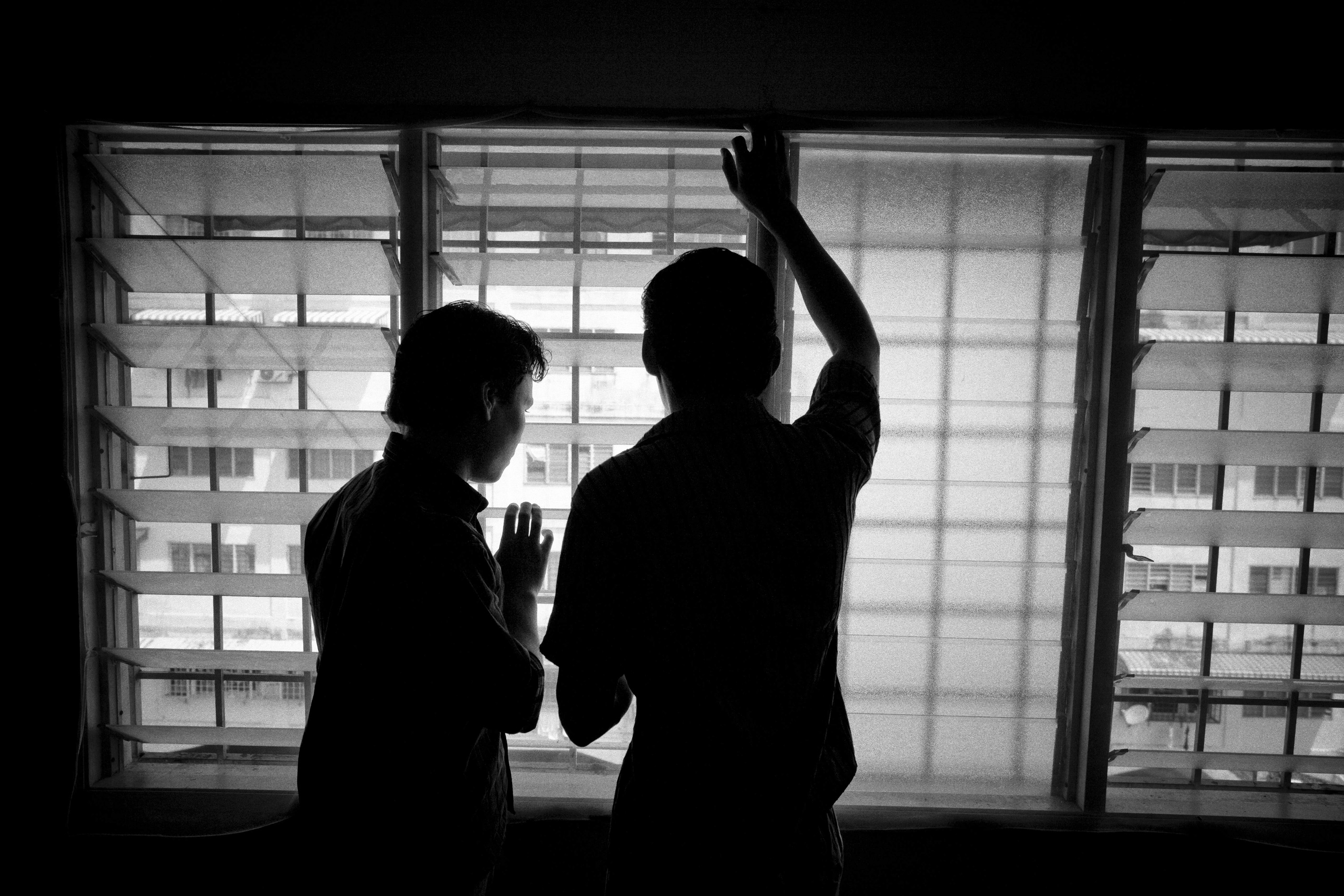

You can find an overview of ongoing debates with our journalists here. Please join us!
If you want to start a conversation about a topic raised in this article or want to report factual errors, email us at english@swissinfo.ch.